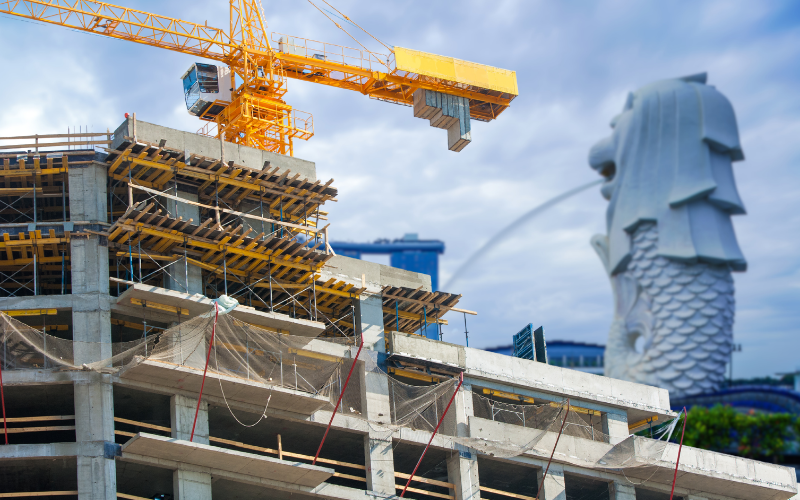Understanding the factors that influence property valuation in Singapore is crucial for homeowners, buyers, and investors alike. Accurate property valuation helps in making informed decisions, whether you are buying, selling, or refinancing a property.
Here are ten key factors that impact your home’s worth in the Singapore real estate market.
- Location
Location is one of the most significant factors affecting property valuation in Singapore. Properties situated in prime areas with easy access to amenities, such as schools, MRT stations, and shopping centres, generally command higher prices. Additionally, proximity to key business districts and popular neighbourhoods can enhance a property’s value. Real estate appraisal often considers the desirability of the location and its impact on the overall valuation.
- Property Size and Layout
The size of the property, including the land area and built-up area, directly influences its market value. Larger properties with generous living spaces and well-planned layouts tend to attract higher valuations. Efficient use of space, including the number of bedrooms, bathrooms, and functional areas, plays a role in determining a property’s worth.
- Condition and Age of the Property
The condition and age of a property significantly affect its valuation. Well-maintained and recently renovated properties are valued higher than older, poorly maintained ones. Regular updates, such as modern fixtures, fresh paint, and updated appliances, can enhance the property’s appeal and valuation. Conversely, properties requiring extensive repairs or renovations may see a reduction in value.
- Property Type
Different types of properties, such as HDB flats, private condominiums, or landed houses, have varying market values. Each property type caters to different buyer segments and has its valuation criteria. For instance, private condominiums in sought-after areas typically have higher valuations compared to HDB flats. The type of property you own or are interested in will impact its overall worth.
- Market Conditions
The broader real estate market conditions in Singapore can influence property valuations. Factors such as supply and demand, economic conditions, and interest rates play a role in determining property values. A strong real estate market with high demand and limited supply generally leads to higher valuations, while market downturns can have the opposite effect.
- Nearby Developments
Upcoming developments and infrastructure projects in the vicinity can impact property valuation. New commercial centres, residential complexes, or transportation links can enhance the attractiveness and value of nearby properties. Being aware of planned developments and their potential impact on property values can be advantageous for both buyers and sellers.
- Amenities and Facilities
The presence of amenities and facilities within a property or its immediate vicinity can influence its market value. Properties with additional features such as swimming pools, gyms, and landscaped gardens tend to command higher prices. Similarly, properties located in developments with well-maintained common facilities are valued more highly due to the added convenience and lifestyle benefits.
- Legal and Zoning Regulations
Legal and zoning regulations affect property valuation by determining how the property can be used and developed. Restrictions related to land use, building height, and density can impact the potential for future improvements or expansions. Properties with fewer legal constraints and favourable zoning regulations may have higher valuations due to their development potential.
- Comparable Sales
Valuation reporting often involves analysing recent sales of comparable properties in the area. These comparables, or “comps,” provide insights into current market trends and help establish a benchmark for valuing your property. By examining the prices of similar properties that have recently sold, appraisers can make more accurate assessments of your home’s worth.
- Economic Factors
Broader economic factors, including inflation, employment rates, and overall economic growth, can influence property valuations. A strong economy typically boosts property values due to increased purchasing power and investment interest. Conversely, economic downturns or recessions can lead to lower property valuations as market demand decreases.
Understanding these key factors can help you better navigate the property valuation process in Singapore. Whether you are looking to buy, sell, or invest, being informed about what impacts property values allows you to make well-considered decisions.
For more information, contact CKS Property today.











